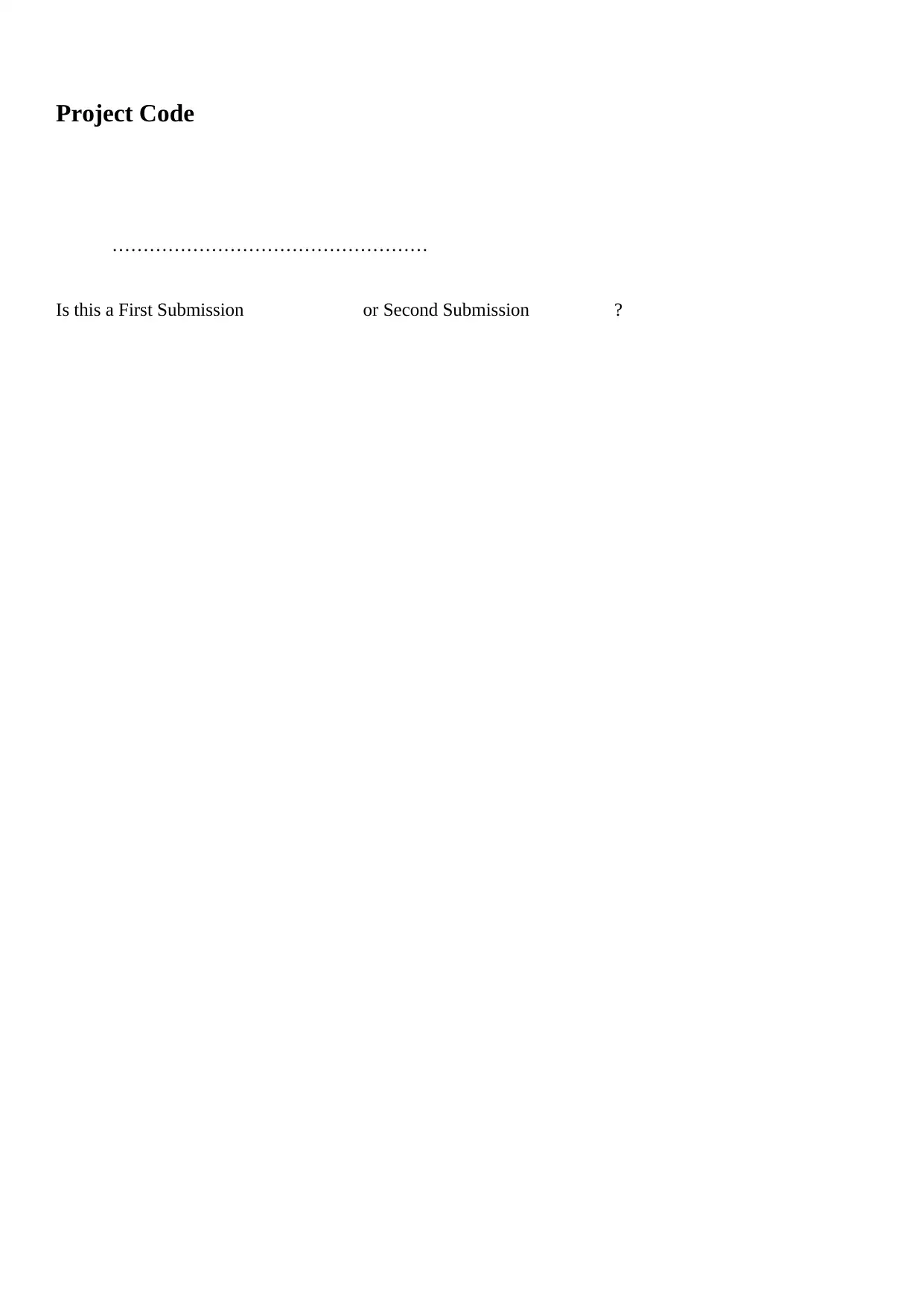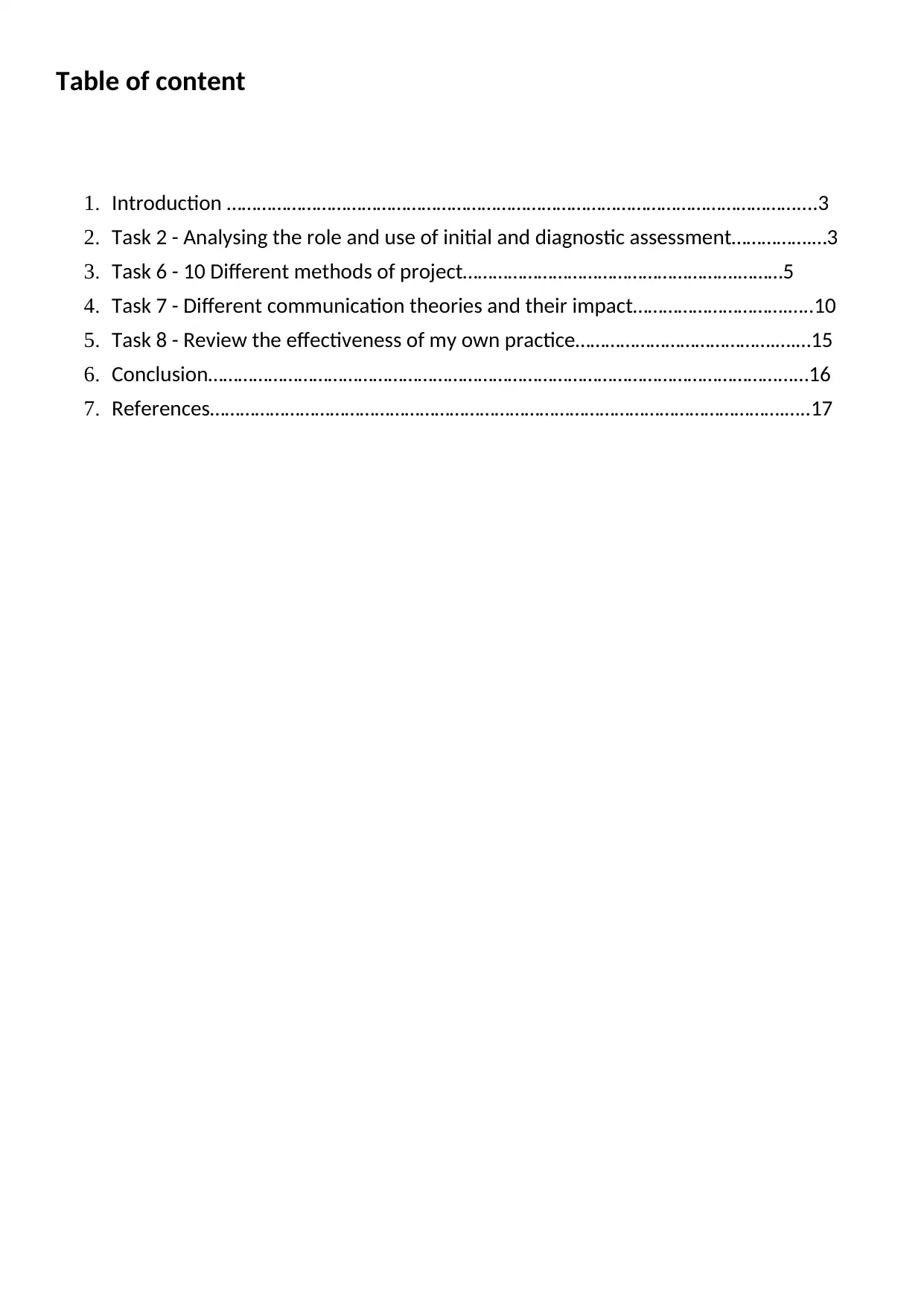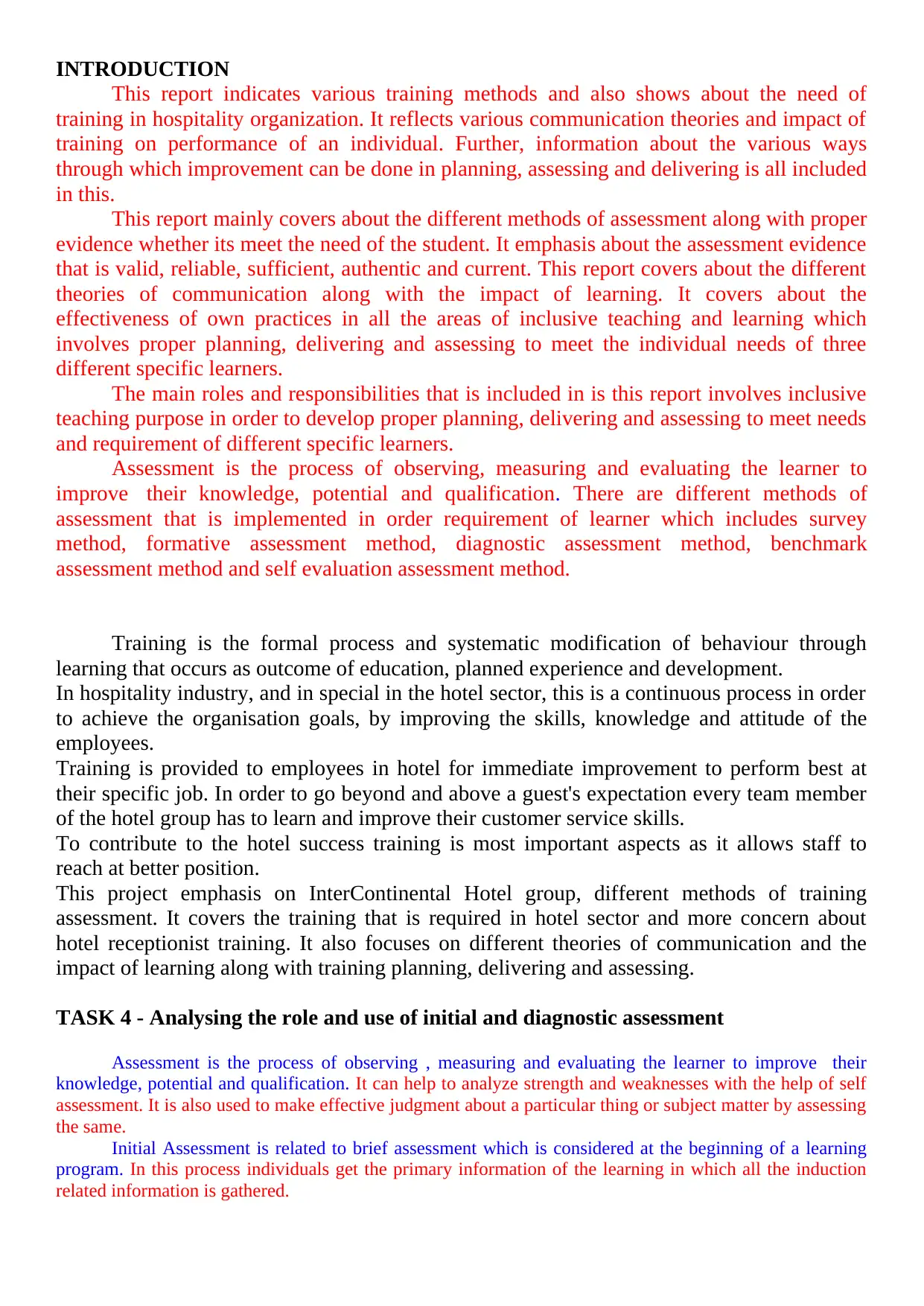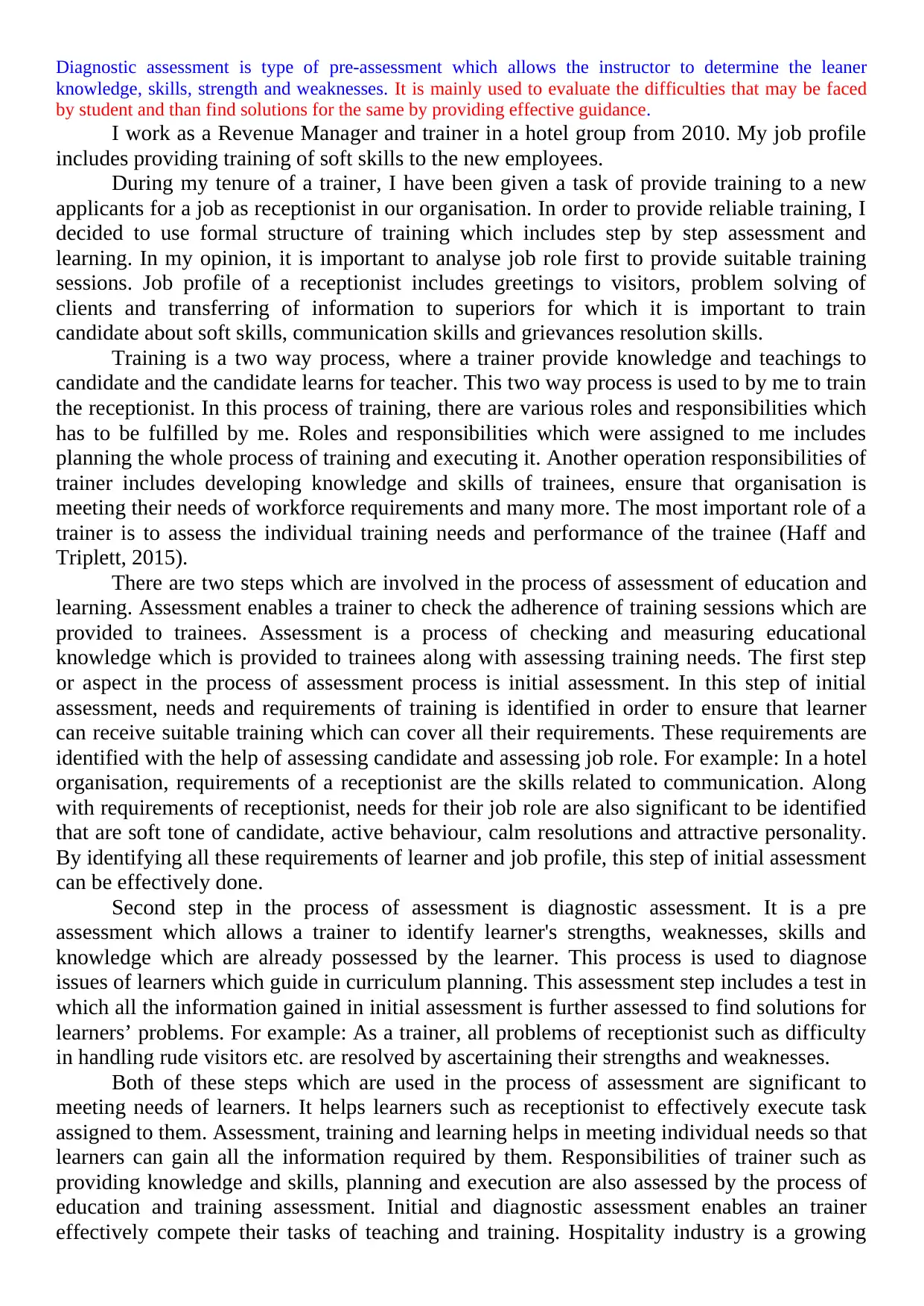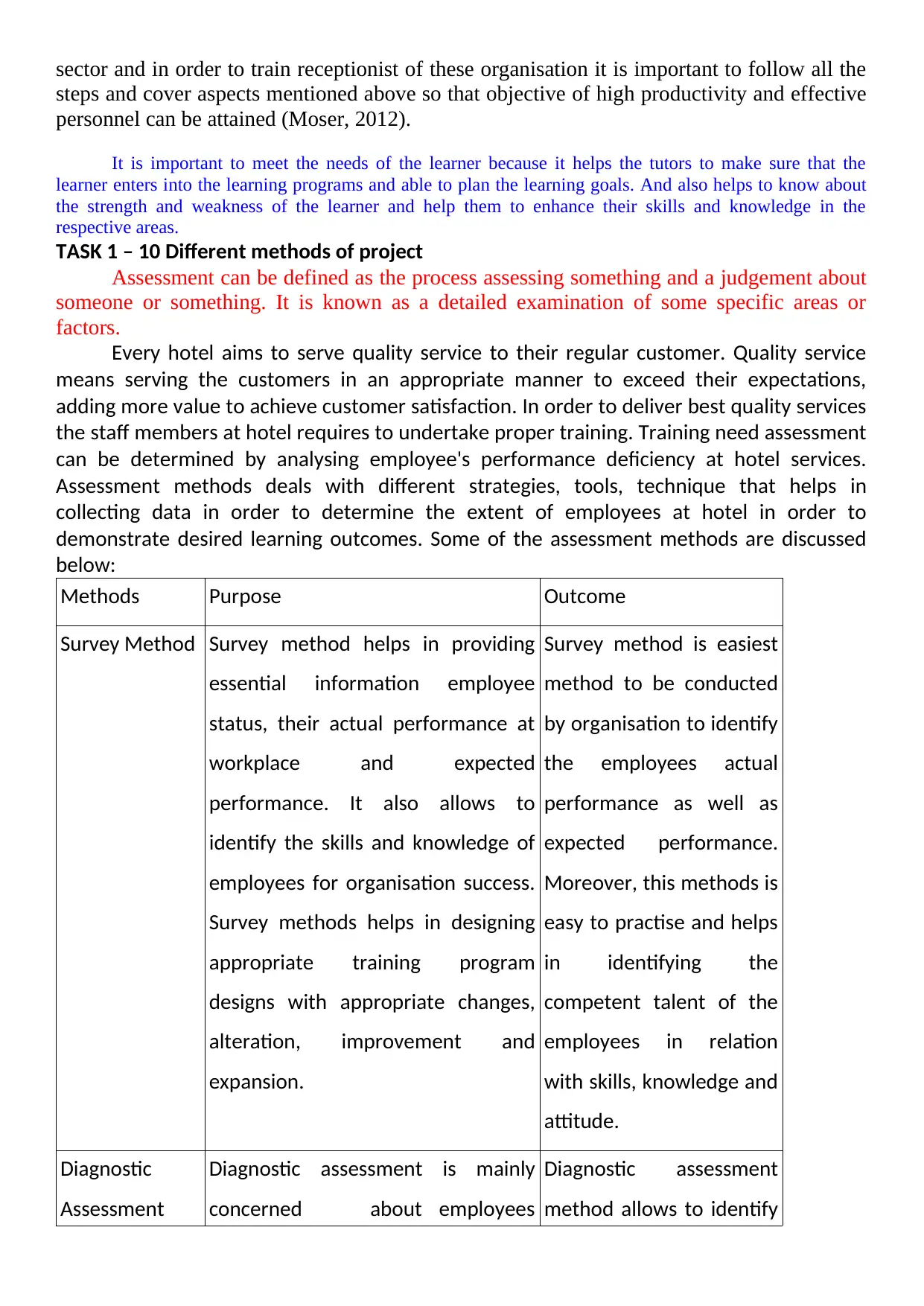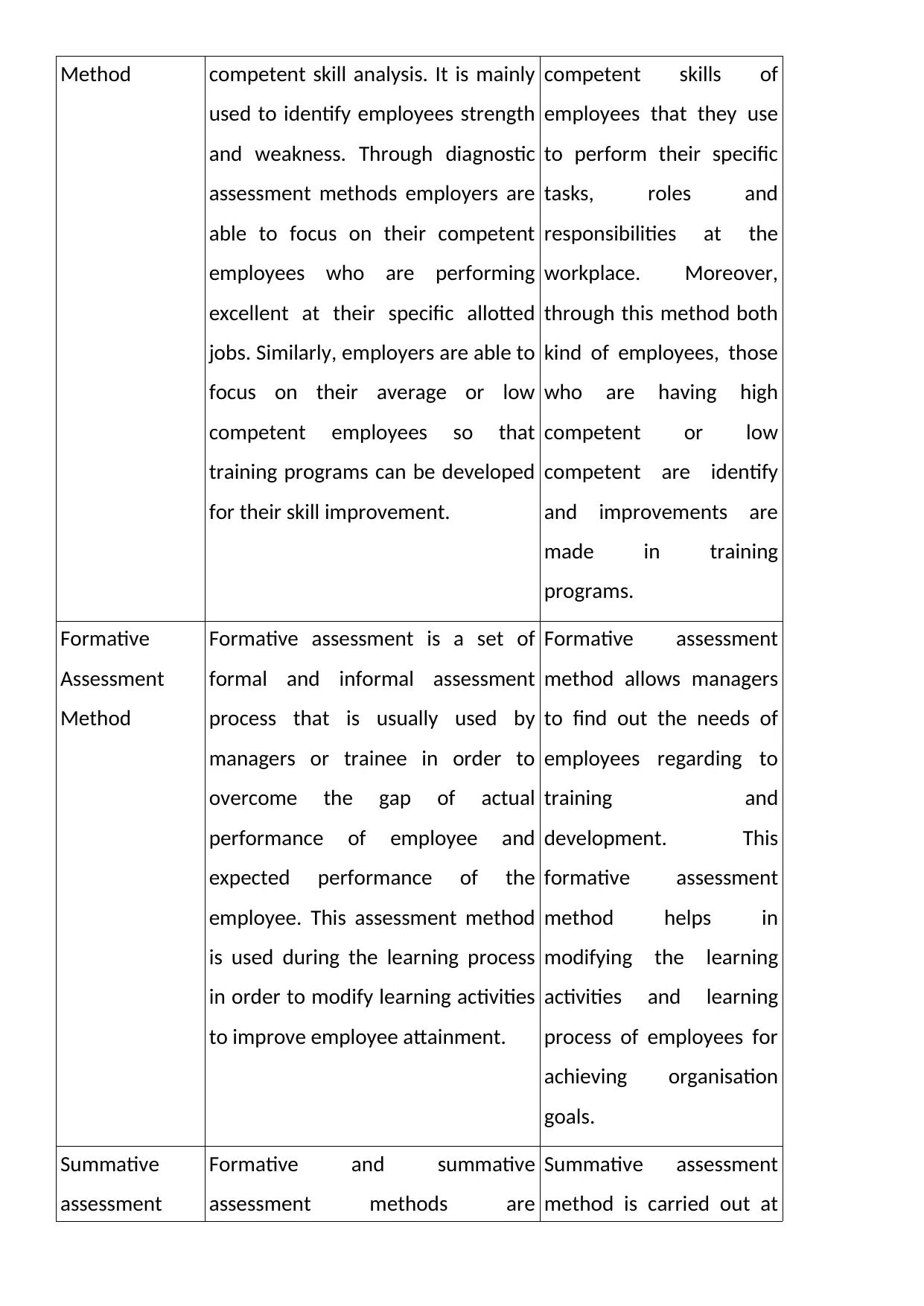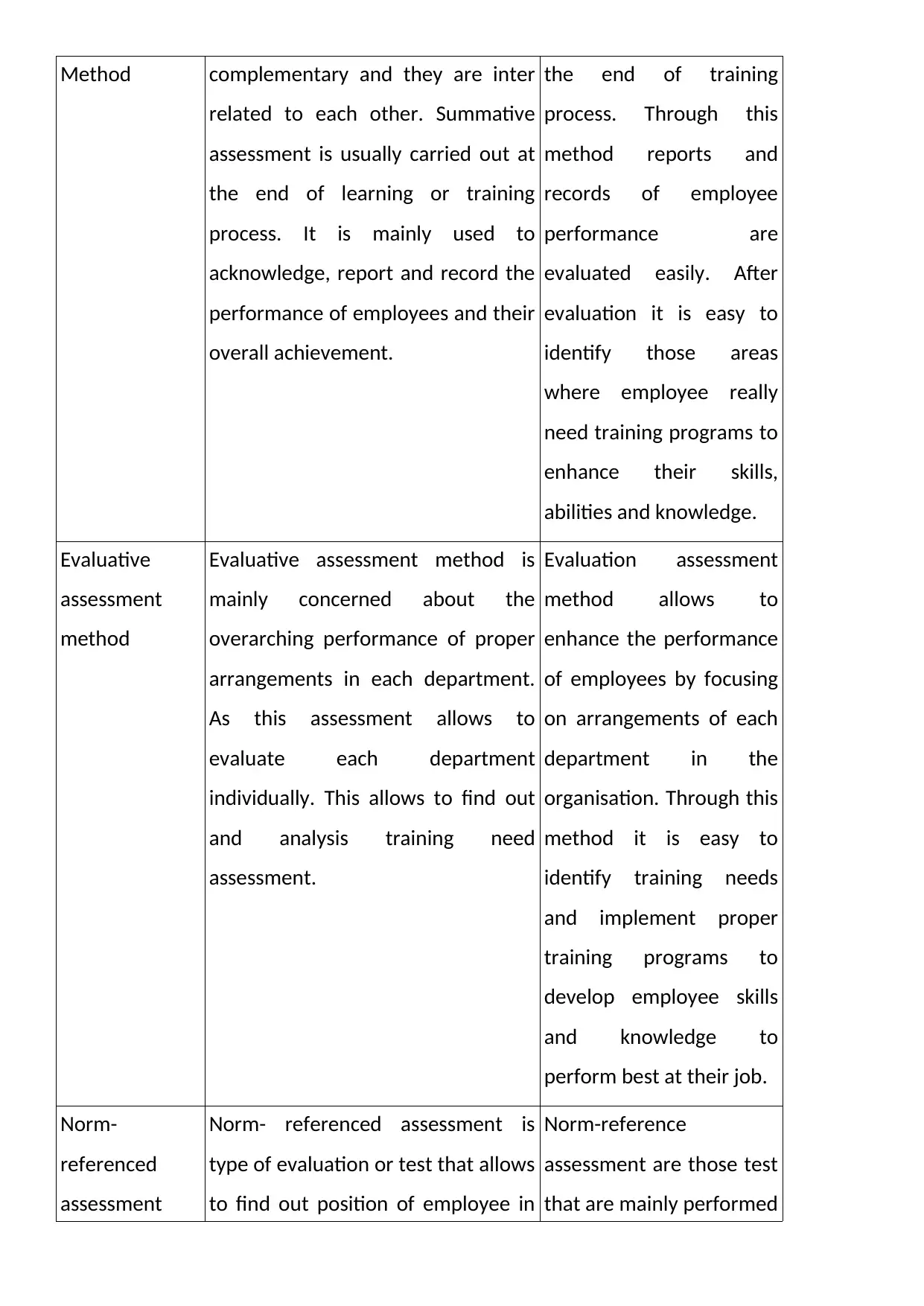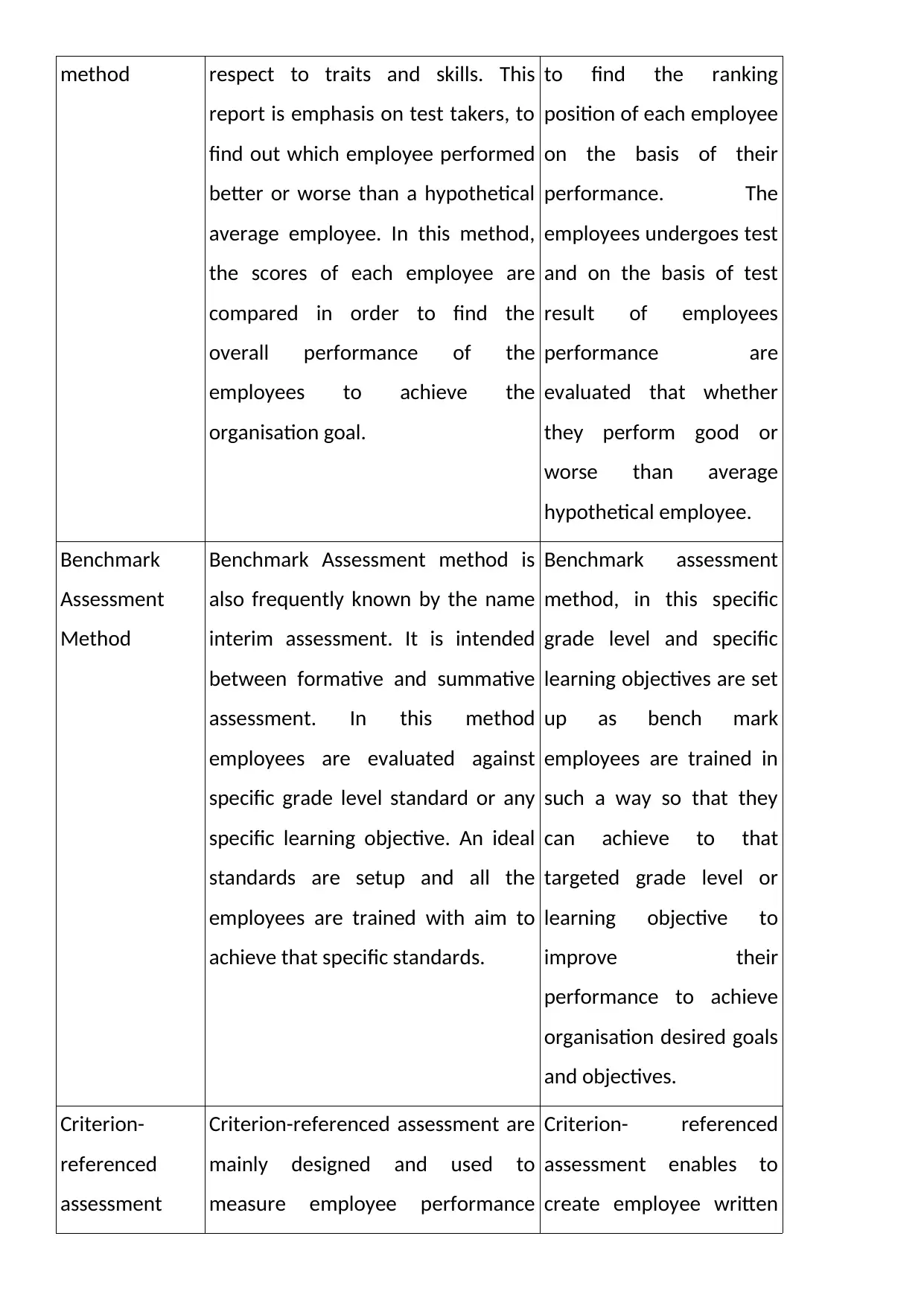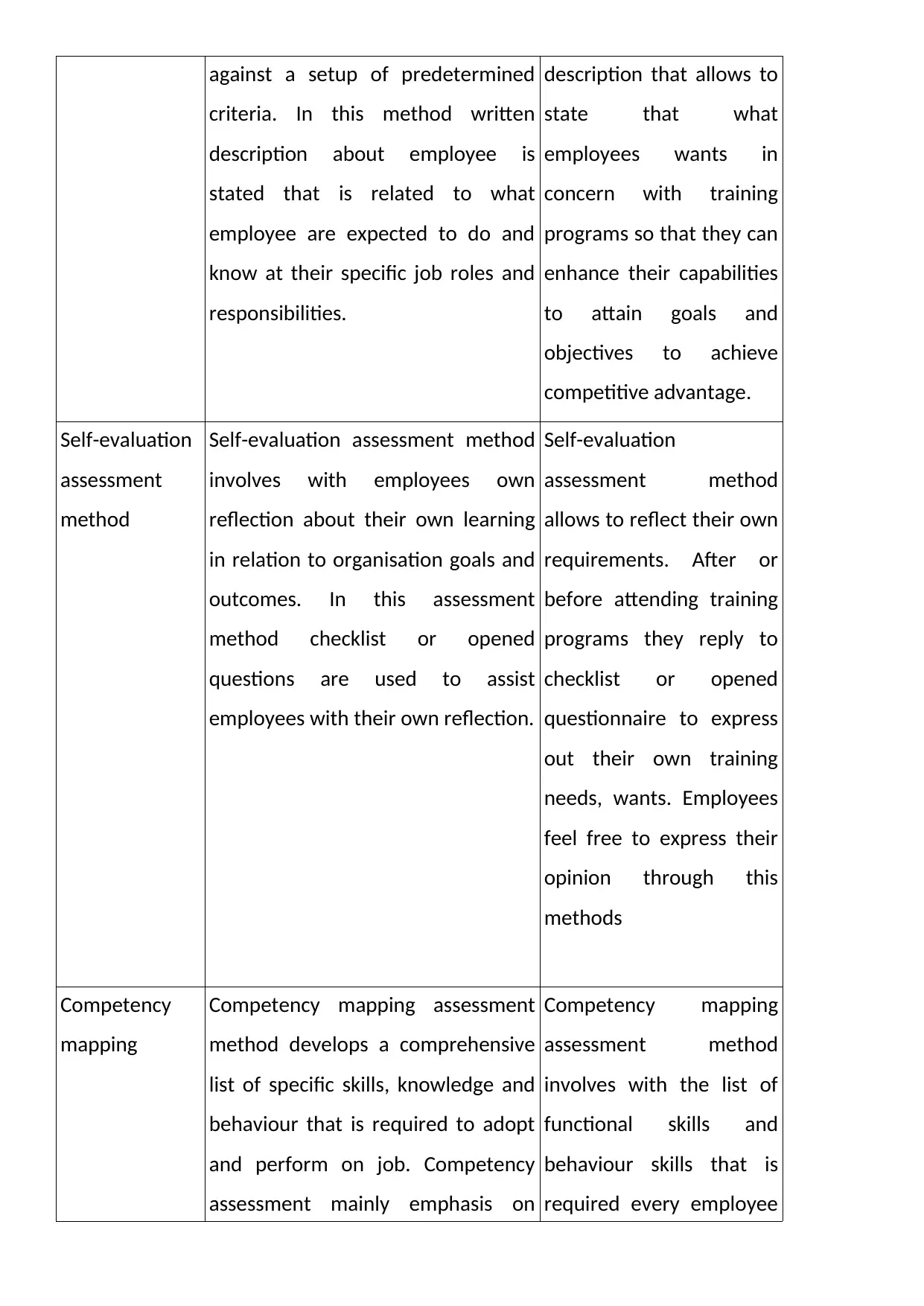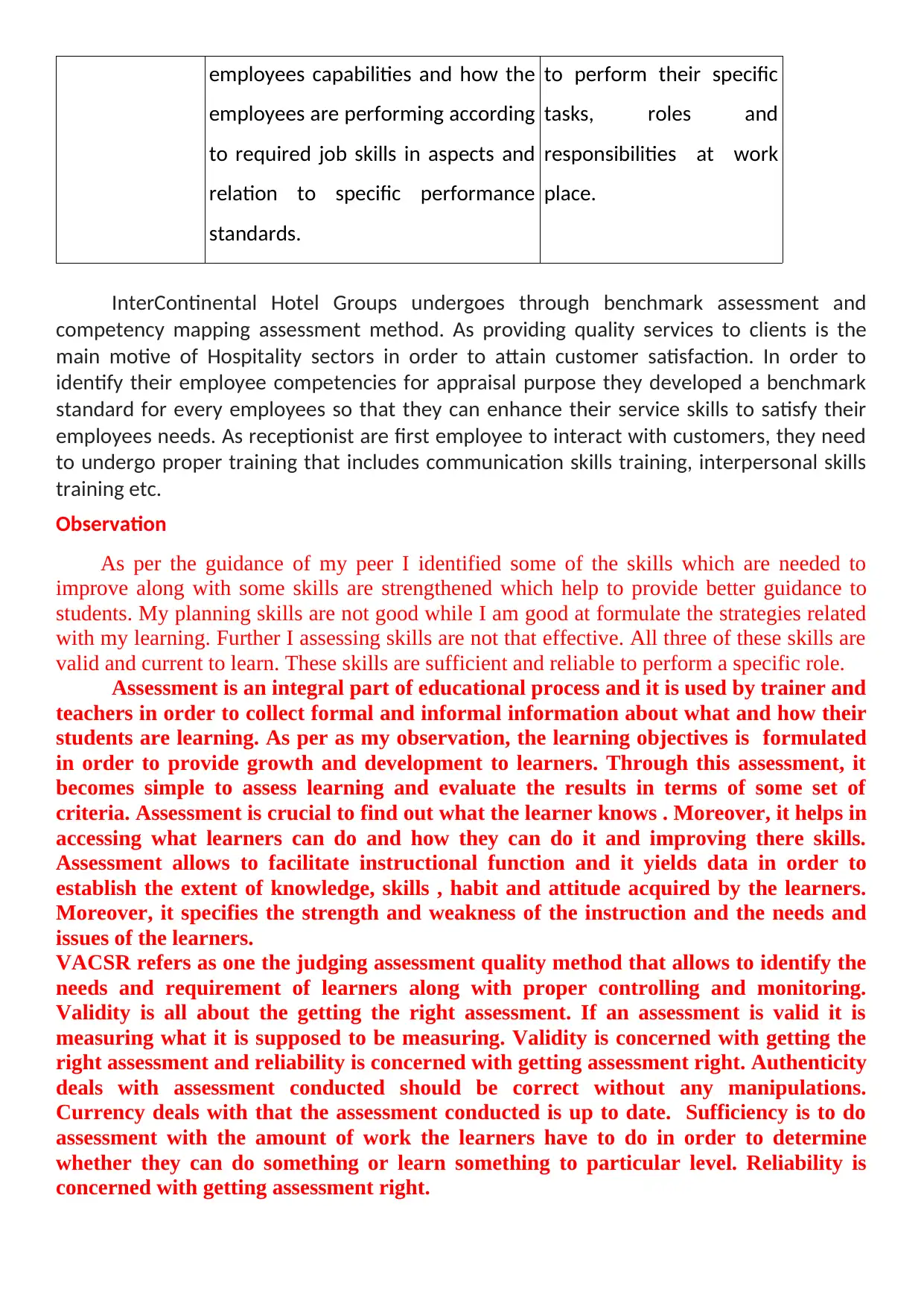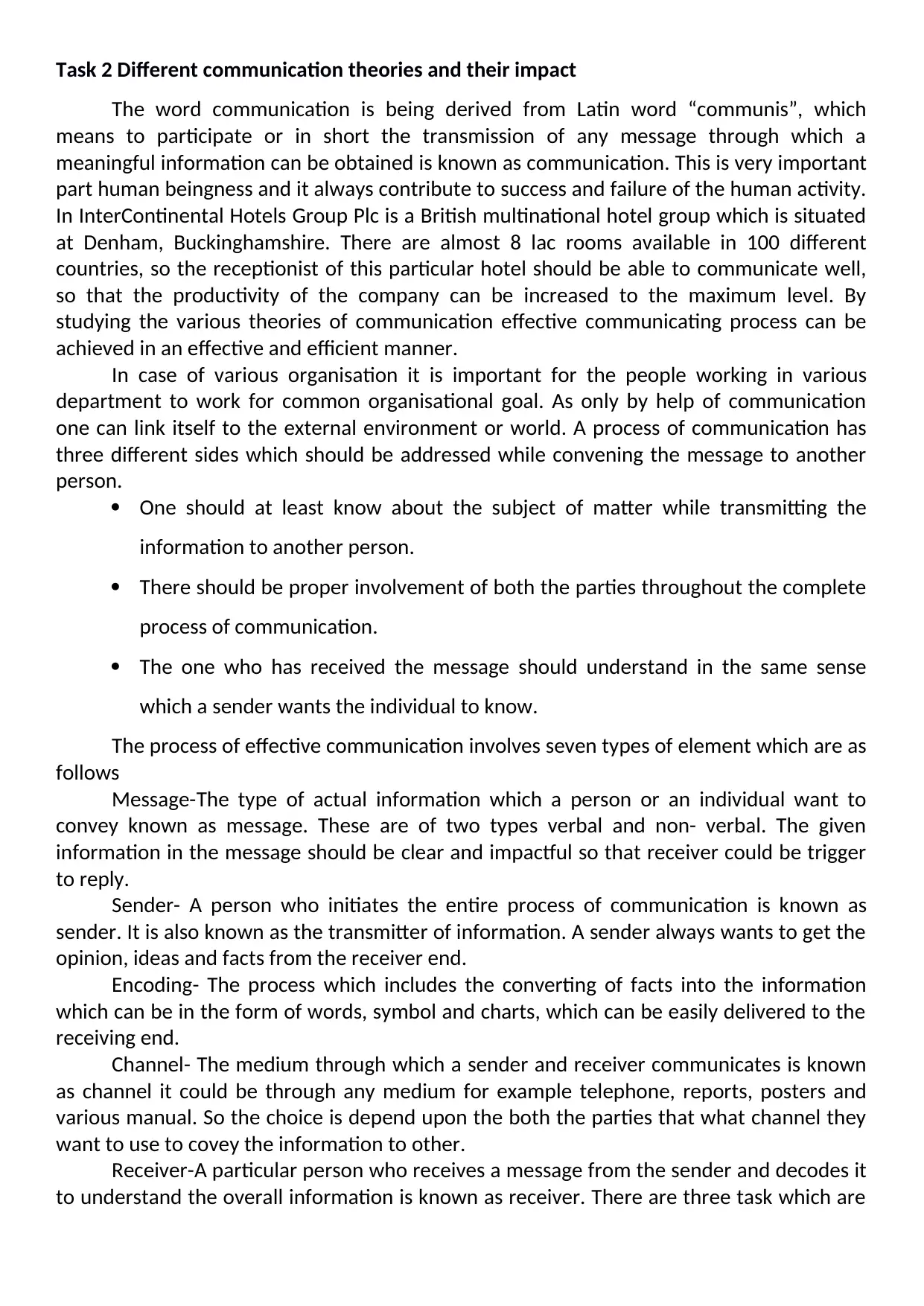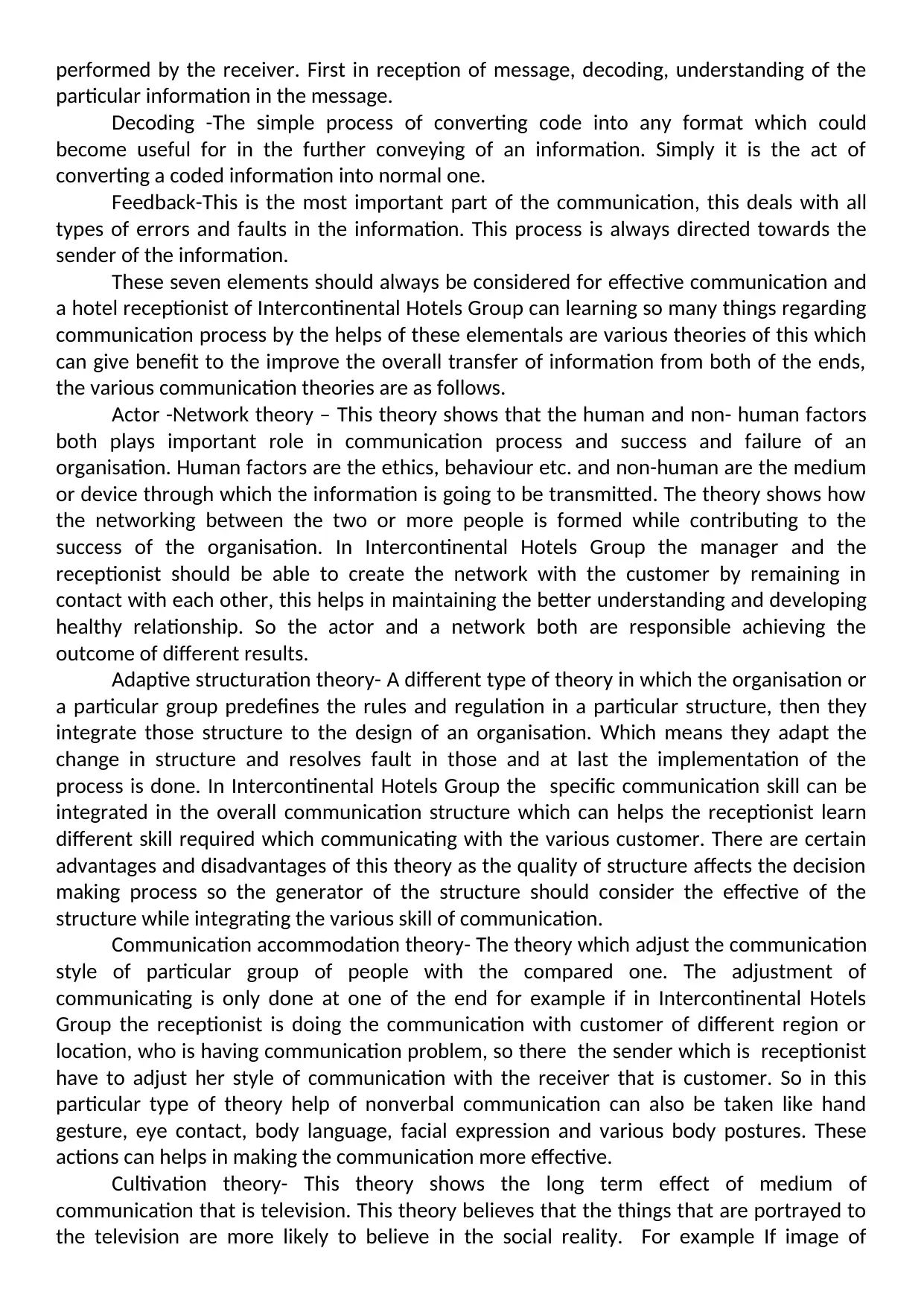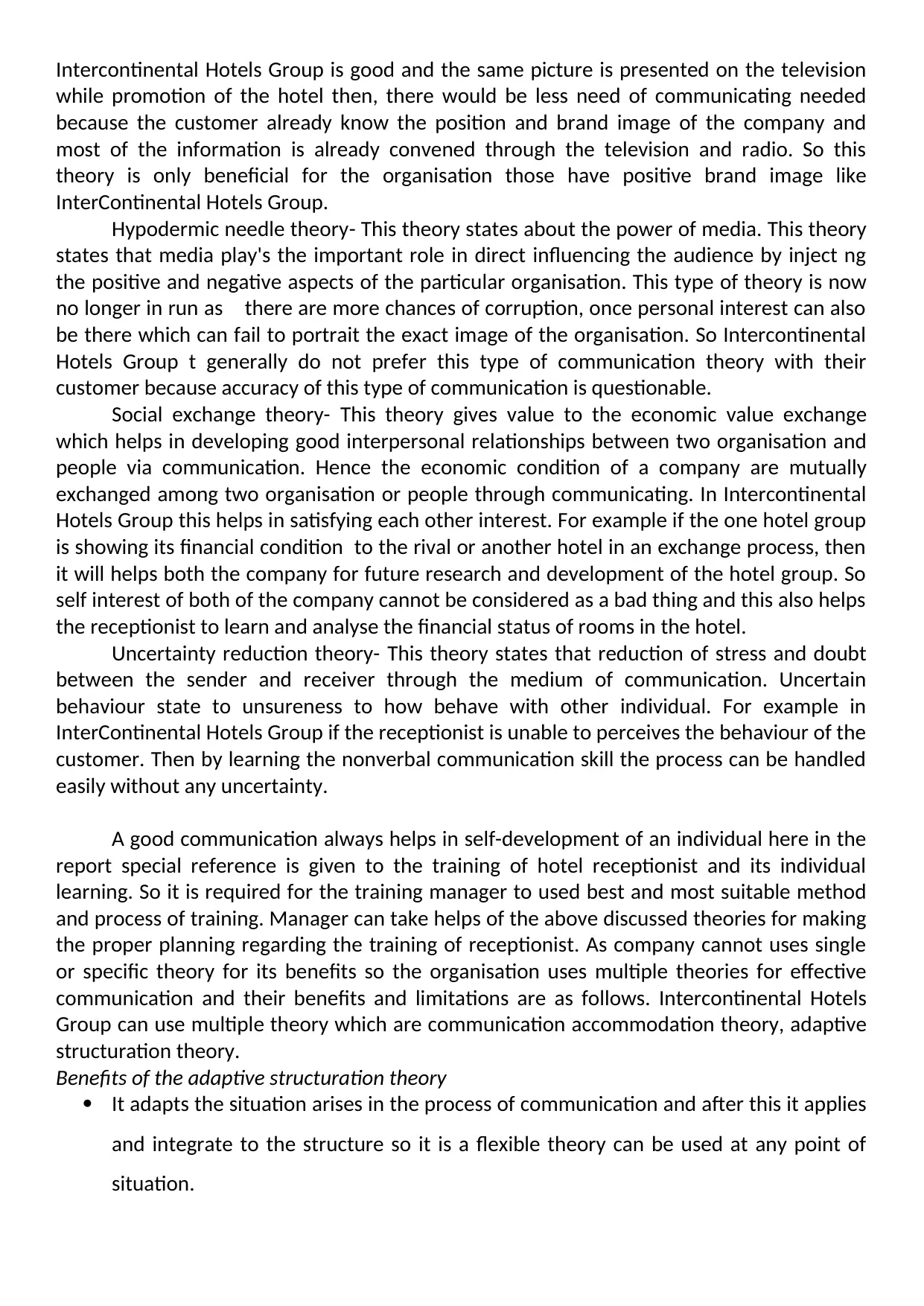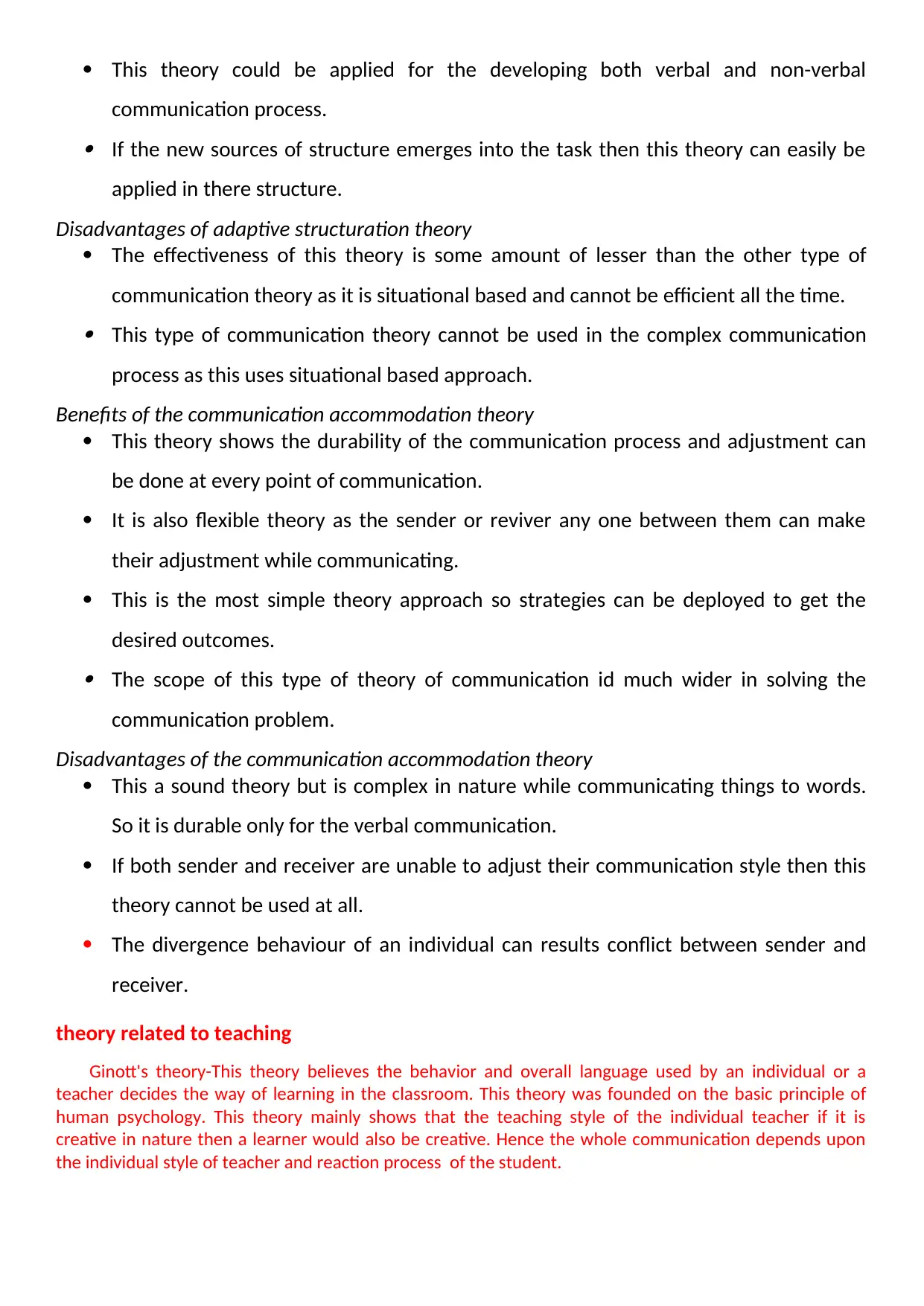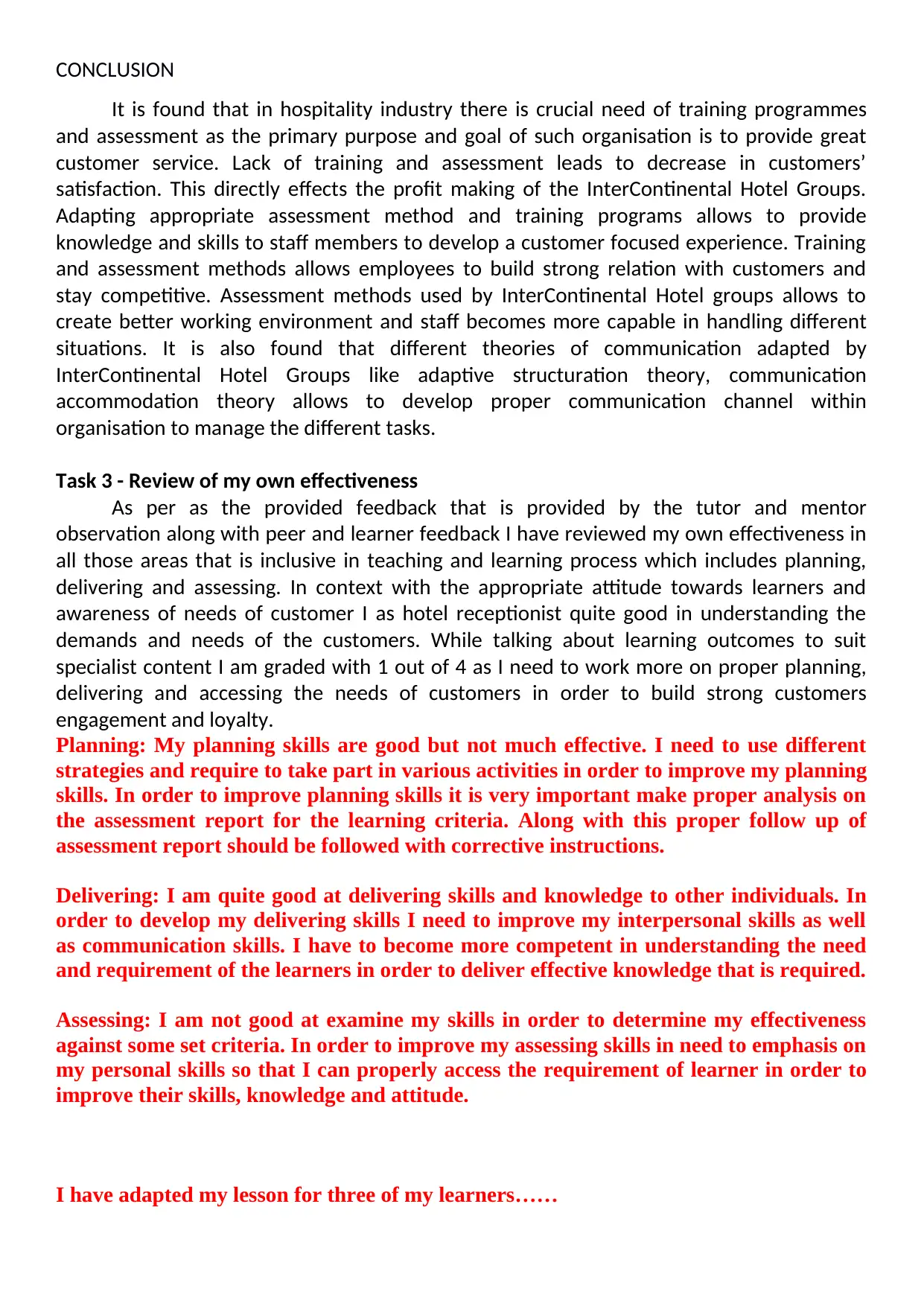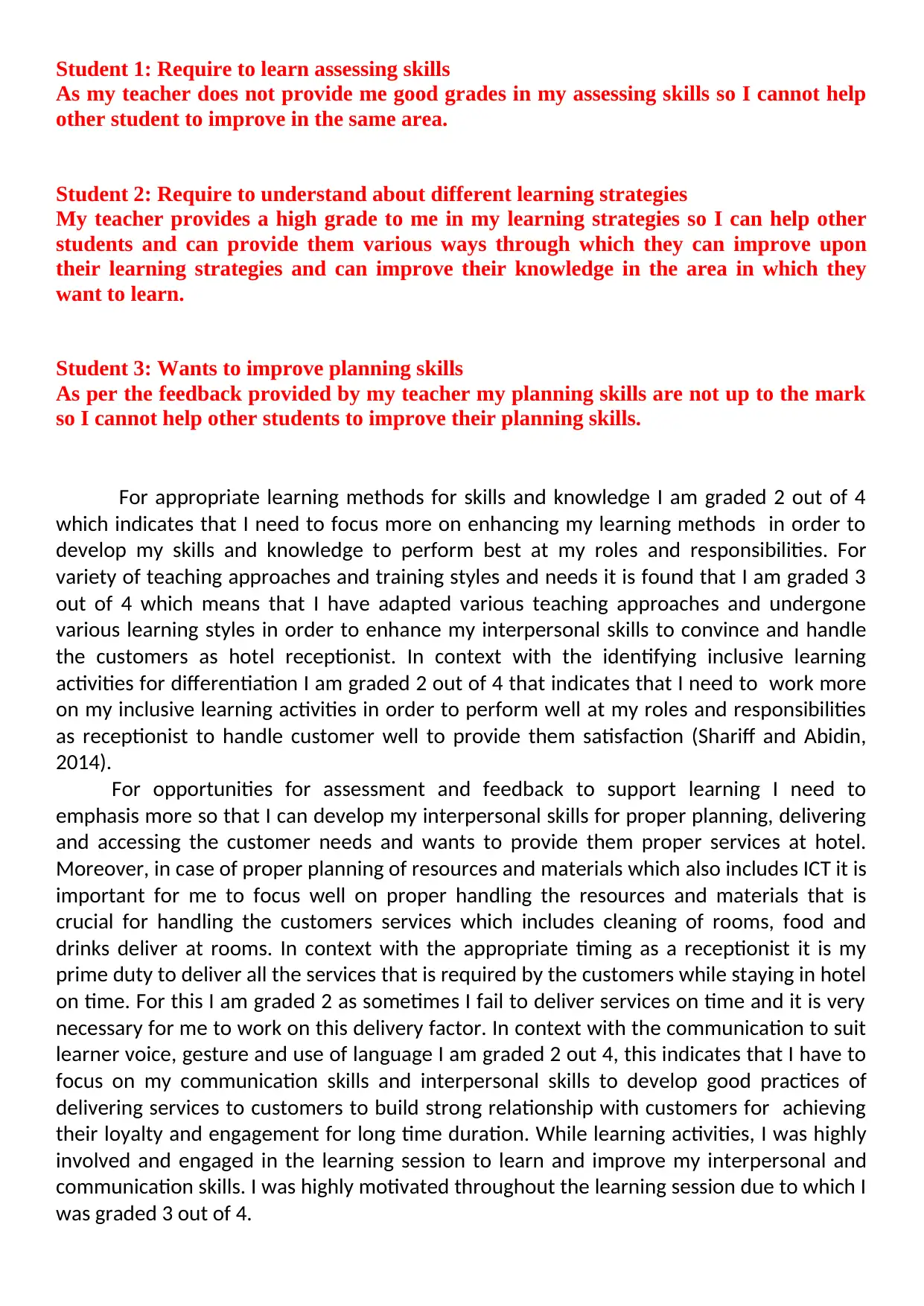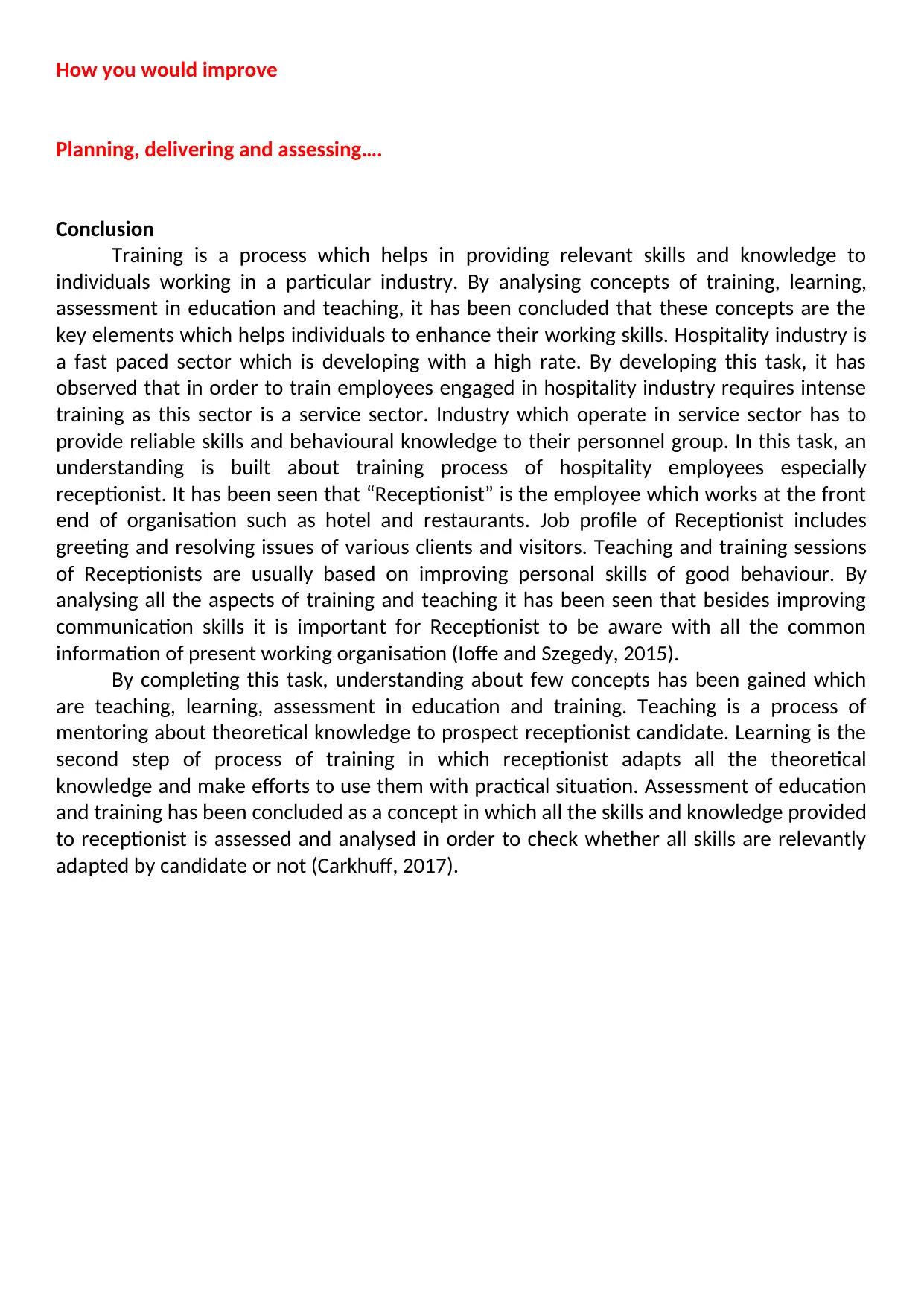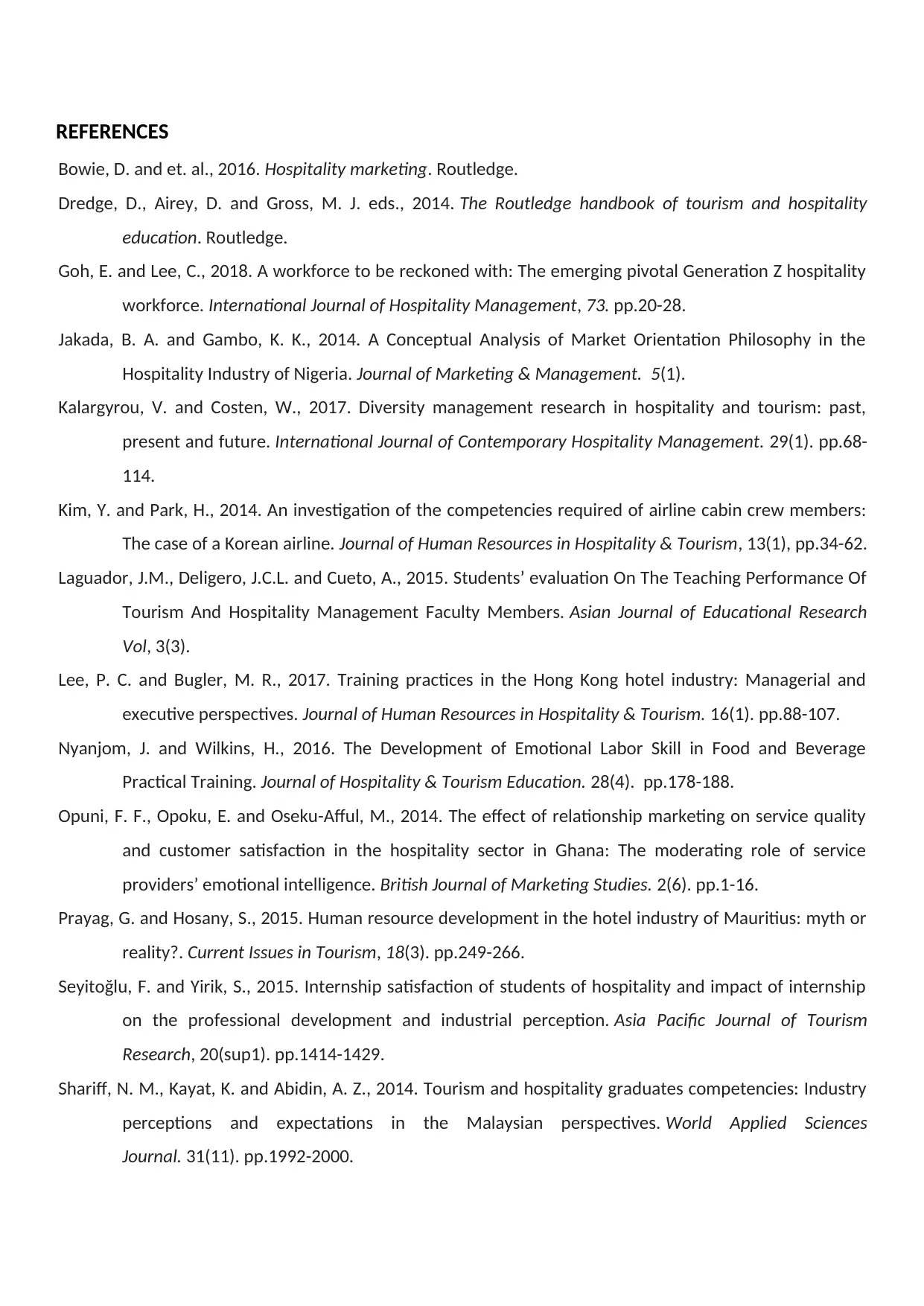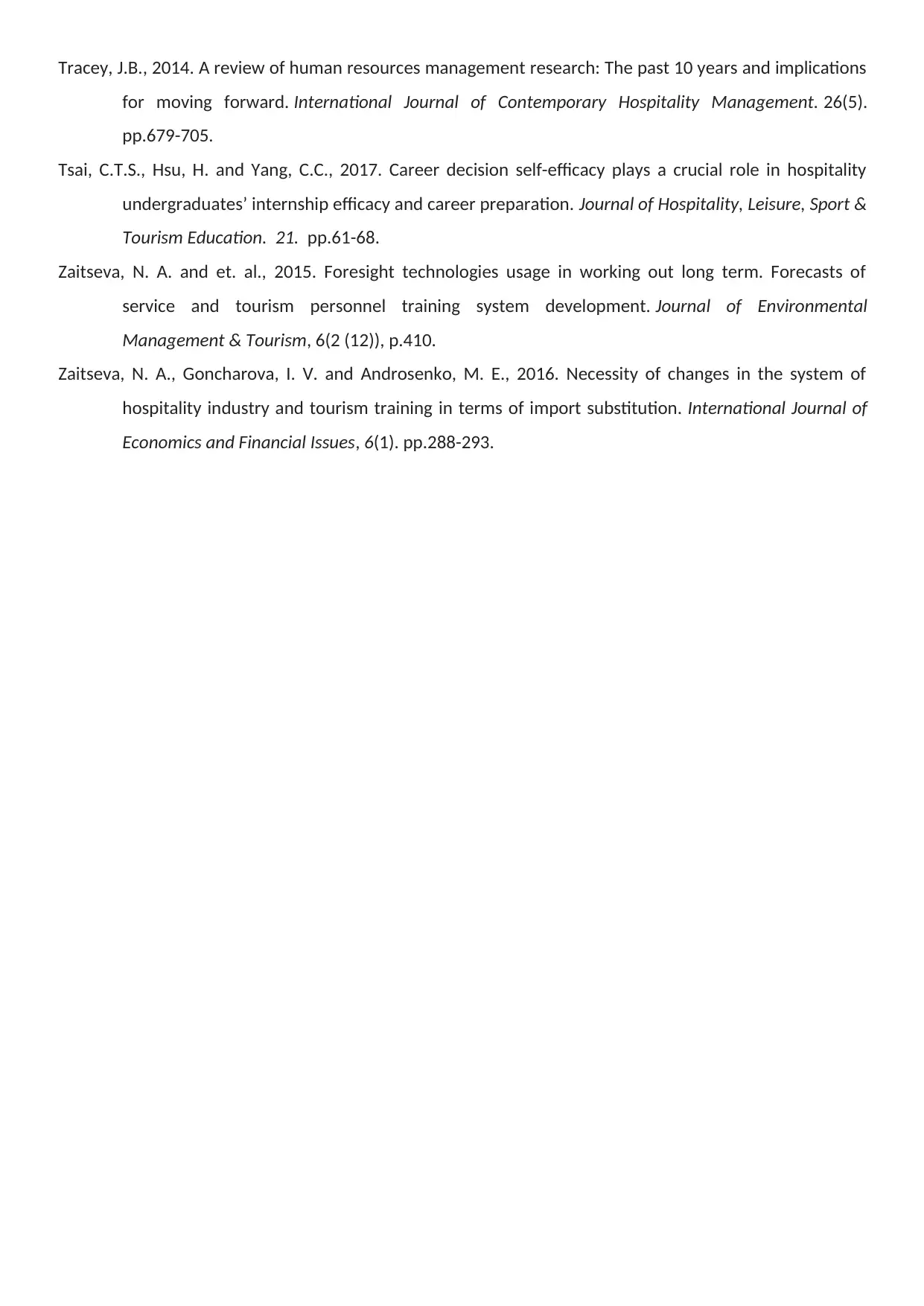The provided assignment is a compilation of 11 research papers and studies that focus on human resource management and development in the hospitality and tourism industry. The papers cover topics such as competencies required for airline cabin crew members, students' evaluation of teaching performance, training practices in Hong Kong hotels, emotional labor skill development, relationship marketing, human resource development in Mauritian hotels, internship satisfaction, tourism and hospitality graduates' competencies, career decision self-efficacy, and foresight technologies usage in service personnel training. The summary provides an overview of the key findings and insights from these studies, highlighting the importance of human resource management and development in ensuring the success of the hospitality and tourism industry.
![[object Object]](/_next/static/media/star-bottom.7253800d.svg)
![[object Object]](/_next/static/media/star-bottom.7253800d.svg)
